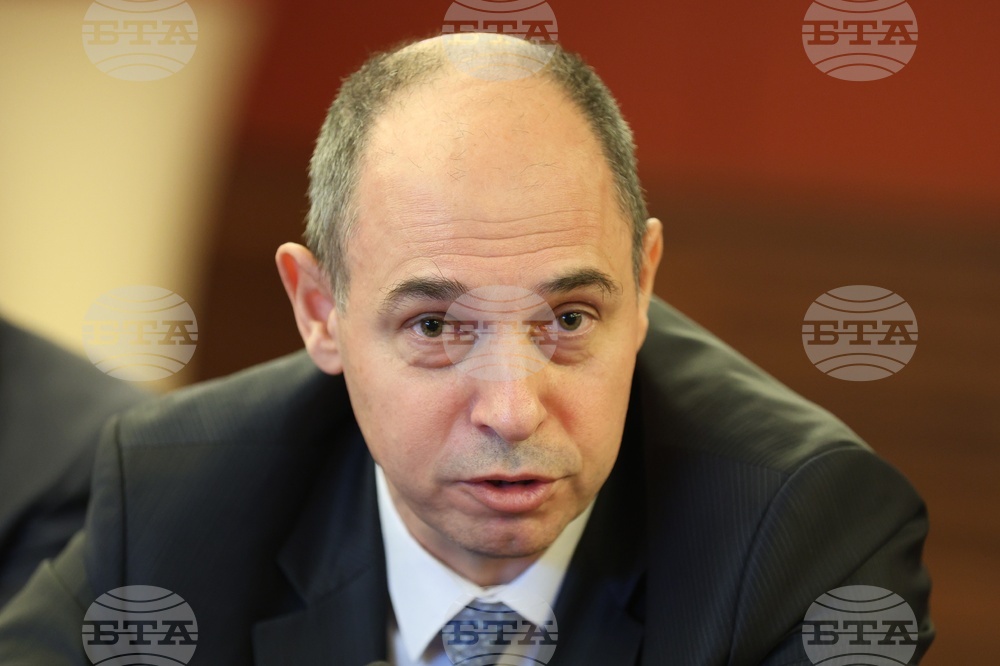BTA interview
![Bulgaria Has More than 3,000 MW of Renewable-Energy Power Generation Capacities, Expert Says]()
![Bulgaria Has More than 3,000 MW of Renewable-Energy Power Generation Capacities, Expert Says]() Electricity System Operator Executive Director Angelin Tsachev (BTA photo)
Electricity System Operator Executive Director Angelin Tsachev (BTA photo)
site.btaBulgaria Has More than 3,000 MW of Renewable-Energy Power Generation Capacities, Expert Says


Electricity System Operator Executive Director Angelin Tsachev discusses the energy sector reform in an interview for BTA.
/VE/
news.modal.header
news.modal.text